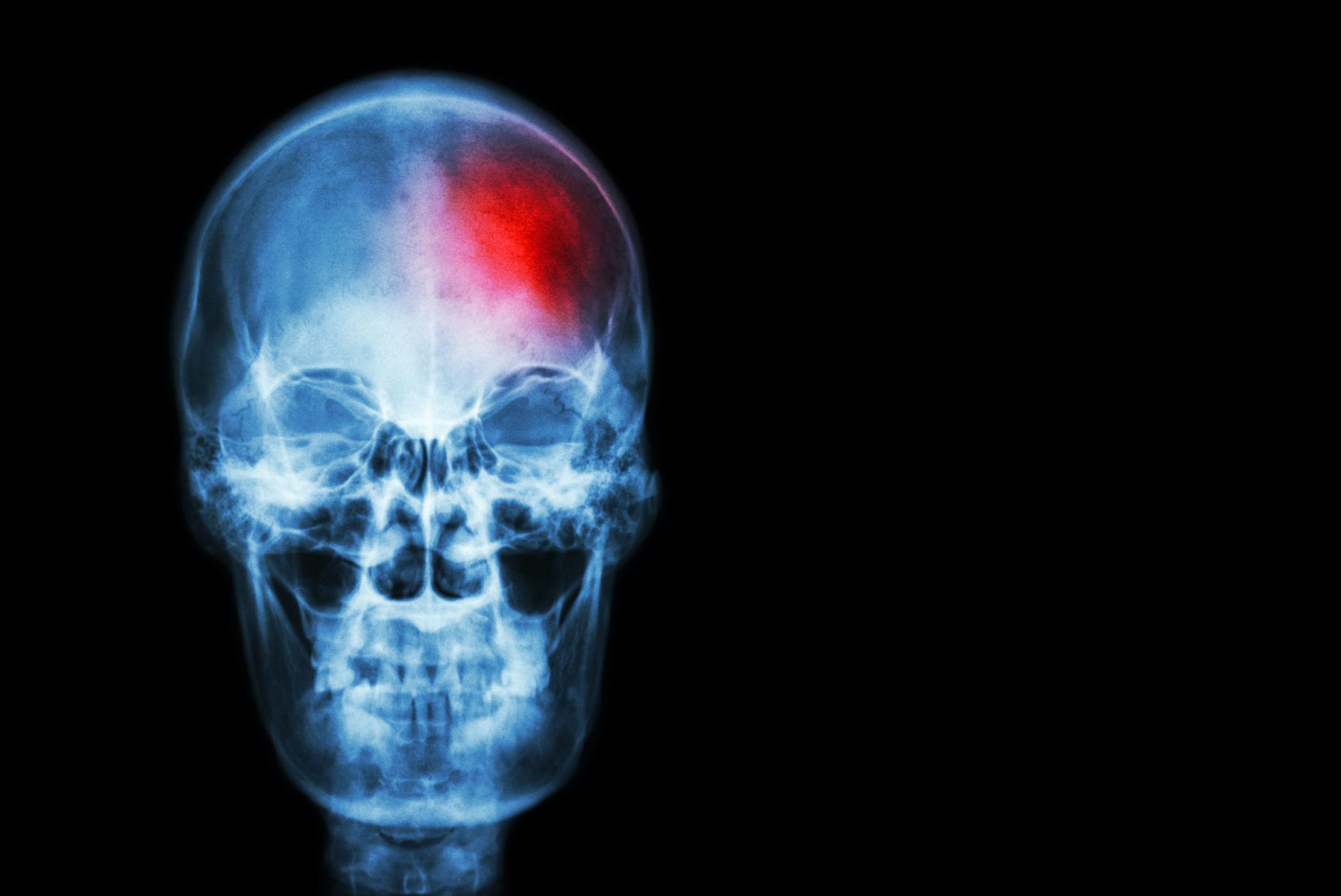
When most of us think of dental health, we think of the health of our teeth and gums. However, your dental health is actually intrinsically linked to the well being of your entire body.
Good oral hygiene has been found to protect your overall health, and patients with oral health problems tend to face an increased risk of serious systemic diseases, including stroke.
Further, suffering a stroke can negatively impact your oral health, perpetuating a vicious cycle.
For this reason, today’s post will more closely examine the links between oral health and stroke, and how to prevent oral health problems that can arise after a stroke.
Gum Disease Is Associated with Stroke
Research from all over the world has shown that periodontal (gum) disease is associated with stroke, regardless of the case’s severity. Even gingivitis, a slight inflammation of the gums and the mildest form of gum disease, is associated with stroke.
Other studies have found that the severity of gum disease does correlate directly with the increased risk of stroke. For example, people with severe periodontal disease characterized by gum destruction and tooth loss have a four-fold increased risk of stroke compared to people with mild gingivitis. The reasons for this correlation are still under investigation.
What we do know is that both stroke and gum disease are inflammatory conditions, so it could be that systemic inflammation increases the risk of both stroke and gum disease.
We also understand they are both age-related conditions, and the risk of gum disease and risk of stroke increase with age.
Other evidence, however, suggests that poor oral health may actually cause a stroke. Although research is ongoing, it suggests that oral bacteria may enter the bloodstream, and play a role in vascular diseases, including both stroke and heart disease.
One recent study found mouth bacteria in the brains of stroke patients. The researchers detected mouth bacteria in the actual blood clots that caused the stroke.
The bacteria involved are strains believed to cause infection in the lining, valves, and muscles of the heart, as they have also been detected in blood clots from heart attack patients.
Dental Health Risks of Stroke Patients
Once a patient has suffered a stroke, each survivor faces a number of potential dental health challenges. Lack of sensation, changes in taste and saliva flow, tongue protrusion and the ability to swish and spit effectively may all increase the risk of oral health problems.
Additionally, loss of fine motor skills may also impair stroke survivors’ ability to maintain good oral hygiene.
As we’ve already discussed, oral health problems could potentially increase the risk of another stroke. So without being able to maintain good oral health, it is easy to identify the potential pattern a stroke victim may be exposed to if they don’t get the help they need with their teeth.
If you or a loved one suffer a stroke, notify your dentist. This easy step will allow your dental professionals to put together an oral health regimen to address the special dental care needs of stroke survivors.
One common request is an increase in dental hygiene appointments, which will allow your dentist to keep a watchful eye on oral conditions, thus decreasing the risk of developing oral health problems related to the recurrence of stroke.
A physical therapist can also help you or your loved one work to regain the skills needed — or to develop modifications — to allow good oral hygiene maintenance with reduced fine motor skills.

Ultimately, your oral health does affect the health of your entire body, and vice versa. Oral health problems increase your risk of serious or even deadly diseases such as stroke.
Further, any systemic health conditions can also present via oral health, so it’s important to notify your dentist of any health conditions or changes so they may develop an appropriate preventative care regimen.






